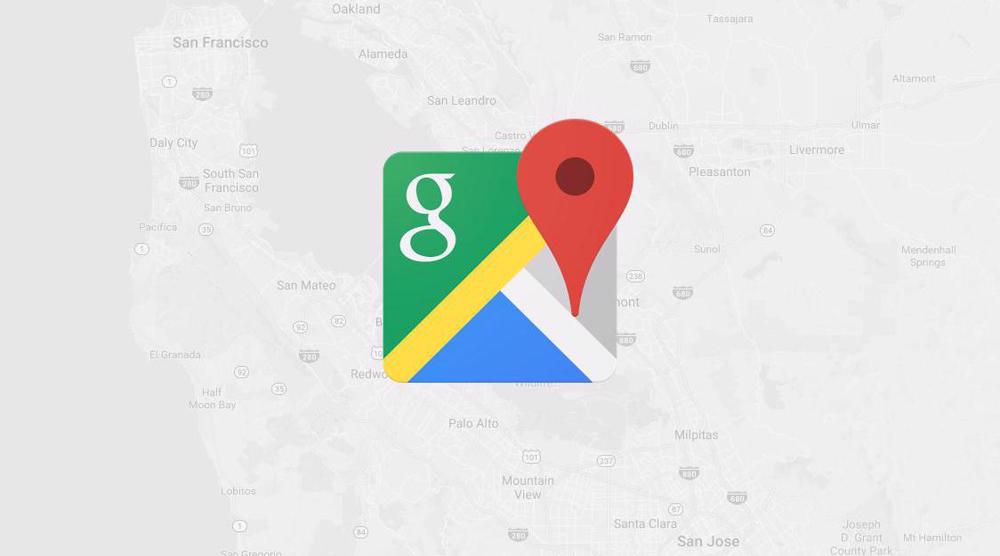Apple, Google’s pro-Israel action draws Hamas condemnation
Apple and Google have displayed a biased stance in favor of Israel by removing Palestine from their world maps, says the resistance movement Hamas in condemnation of the pro-Zionist action.
The besieged Gaza Strip and the occupied West Bank are mentioned and marked on the maps, but the US-based multinational technology companies officially deleted the name of Palestine from all of their maps earlier this week, simply considering the two regions as parts of Israel.
“Such step constitutes a bias in favor of the Zionist occupation’s side of the story and denial of historical facts,” Hamas spokesman Hazem Qasem said in a press release on Friday, the Palestinian Information Center reported on Saturday.
He also warned that the removal of Palestine from international maps would encourage the Israeli regime to persist in violating the international law.
“This behavior violates international and humanitarian laws and decisions.”
Separately on Friday, Palestinian Foreign Minister Riyad al-Maliki condemned the move and said he was going to lodge a case against the duo.
“We are working to determine the international tribunal that we will go to in order to file a case against Google and Apple,” the Palestinian top diplomat said. “It will be easy to put officials of the two companies on trial in case they insist on violating the international law.”
The highly provocative move has also enraged Palestinians and social media activists supporting the cause of Palestine and prompted them to support the hashtags of #FreePalestine and #standwithpalestine on Twitter and other social media to express their dissent. The two hashtags are now receiving countless comments and retweets.
President Donald Trump of the United States has given Tel Aviv the green light to annex large parts of the West Bank and Jordan Valley in his self-proclaimed “deal of the century,” which was unveiled in January with the aim of legitimizing Israel’s occupation and re-drawing the Middle East map.
Israeli Prime Minister Benjamin Netanyahu, for his part, had announced that he would definitely begin cabinet-level discussions for the annexation on July 1, in accordance with Trump’s plan.
Nevertheless, Netanyahu’s much-publicized land grab plan, without clarifications, failed the set date amid widening differences within the Israeli ruling coalition and against the backdrop of massive international opposition to the highly provocative attempt.
The crest-fallen Israeli premier, who had publicly voiced full-throated support of Trump’s plan, said earlier this month that he would continue discussions with Washington over the scheme “in the coming days.”
Experts believe there is evidence surfacing that Netanyahu's desired roadmap for annexing more Palestinian lands is at odds with the plan articulated by Trump.
Trump’s plan largely gives in to Israel’s demands while carving out a Palestinian state with limited control over its own security and borders, enshrining the occupied Jerusalem al-Quds as Israel’s “capital.”

Under the US scheme, the future Palestinian state will consist of scattered lands linked together via bridges and tunnels.
'Next to impossible' to rescue patients from Gaza's Kamal Adwan Hospital: Director
VIDEO | Vietnam current prosperity
Report blames gasoil exports for shortage at Iranian power plants
VIDEO | Hind Rajab Foundation names Israeli war criminals vacationing after Gaza genocide
VIDEO | Australians rally for Gaza ahead of Christmas festivities
VIDEO | Attacks on Sana'a
Iran reports further drop in annual inflation rate in December
Israel indicts two settlers over suspected spying for Hezbollah












 This makes it easy to access the Press TV website
This makes it easy to access the Press TV website